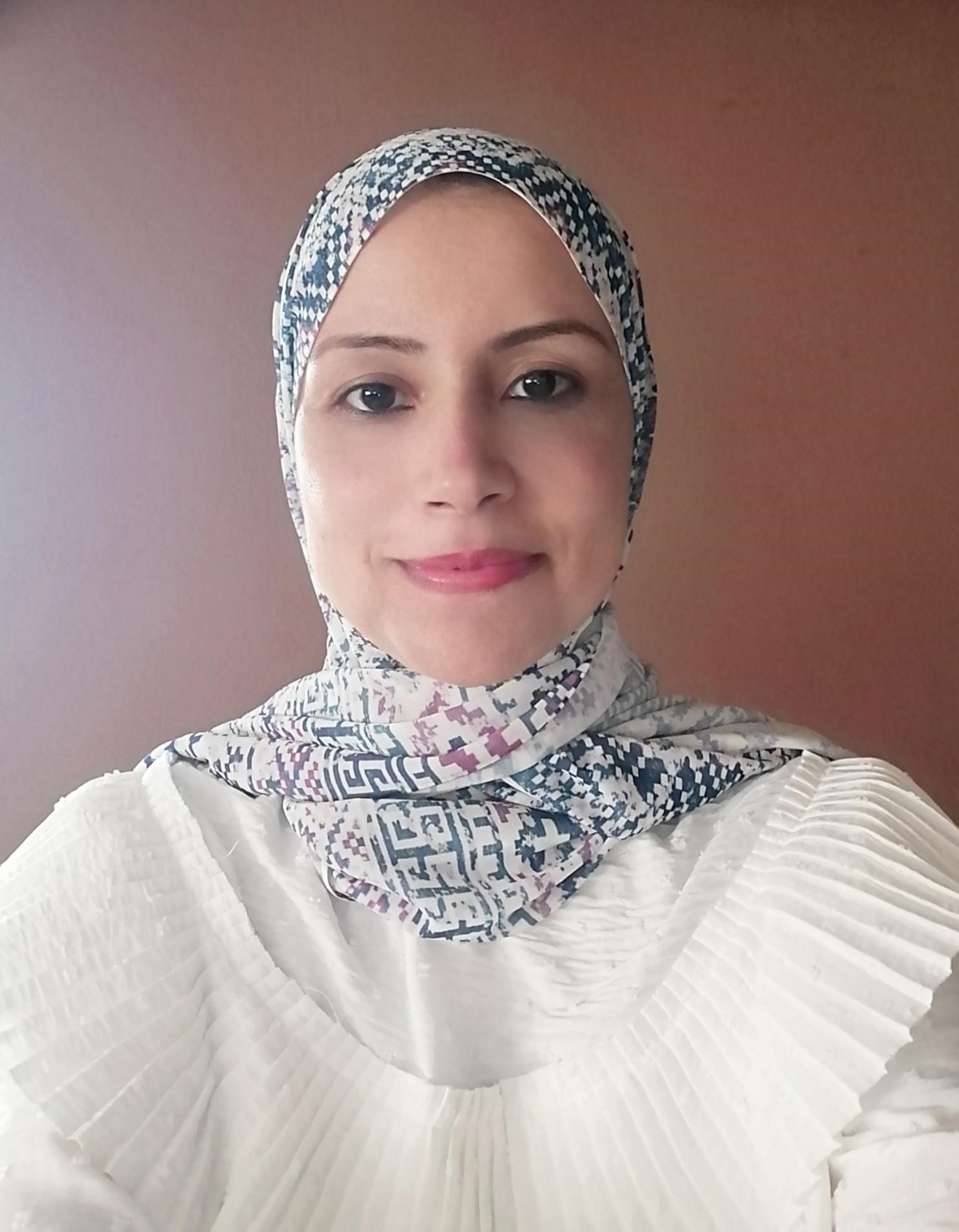A Bottom-up Approach to Teacher Professional Learning: Reflections From the Africa ELTA Conference
The way teachers learn and develop professionally has changed over the years. Professional development in the past focused on the one-expert approach, where teachers were placed at the end of the spectrum where they were the recipients of knowledge and an external expert would demonstrate knowledge to them. Because this approach depicts teachers as lacking experience and being in need of being trained by external experts, it is seen as a deficit approach (Clarke & Hollingsworth, 2002). The field of teacher professional development has evolved to understand the importance of teacher-driven practices and the integration of contemporary research into teachers’ contextual knowledge (Lloyd & Davis, 2018).
Acknowledging this evolution, the new TESOL Research Directions (2023–2027) affirms the importance of professional learning as an area that needs further investigation to learn about models of professional development that are impactful in diverse ELT contexts.
Professional Learning: My Experience in Africa
In this blog, I share my professional learning experience in my context in Africa through the Africa ELTA 2023 Conference, which was held in Luanda, Angola (11–13 May). Africa ELTA is the regional international association of English language teachers in Africa. This conference is held every year in one African country, and in 2023, the conference was hosted in Angola. The conference featured diverse sessions by African and international presenters.
Among the highlights of the sessions I attended at the conference were the following:
-
- In one session, a teacher from Cameroon shared an experience from his class in Cameroon to demonstrate how teachers can create new ways for using technology in low-resourced classrooms.
- In another session, led by the female mentees from the Africa ELTA Female Mentoring Program, the presenters shared their experiences being mentored to become professional conference presenters. They shared how they gained confidence as female speakers to be more visible in English language teaching events in their countries and internationally through Africa ELTA conferences.
- In a preconference session, Chadia Mansour talked about creating open educational resources in the African context in line with the Africa ELTA Open Educational Resources Project, which is the first OER project of a teacher association. This project was started by Africa ELTA as a result of teachers’ efforts and the need for educational and instructional resources in this context.
Horizontal Relationships Between Teachers and Researchers
This was an example of a teacher-driven professional learning experience that places teacher agency and contextual knowledge at the heart of planning for professional events.
The TESOL Research Directions (2023–2027) call for TESOL research to be inspired by teacher practices and be based on achieving equity and inclusion in professional and research planning.
Understanding theories in light of what happens in the classroom should remain the focus of organizing any teacher professional event; in this way, these events can remain relevant and engaging; center the situated nature of teaching, as teachers’ positive experiences shape their professional learning (Tannehill & MacPhail, 2017); and, hence, lead to the enhancement of their professional and pedagogical practices.
References
Clarke, D., & Hollingsworth, H. (2002). Elaborating a model of teacher professional growth. Teaching and teacher education, 18, 947–967. https://doi.org/10.1016/S0742-051X(02)00053-7
Lloyd, M., & Davis, J. P. (2018). Beyond performativity: A pragmatic model of teacher professional learning. Professional Development in Education, 44(1), 92–106. https://doi.org/10.1080/19415257.2017.1398181
Tannehill, D., MacPhail, A. (2017). Teacher empowerment through engagement in a learning community in Ireland: Working across disadvantaged schools. Professional Development in Education, 43(3), 334–352. https://doi.org/10.1080/19415257.2016.1183508

